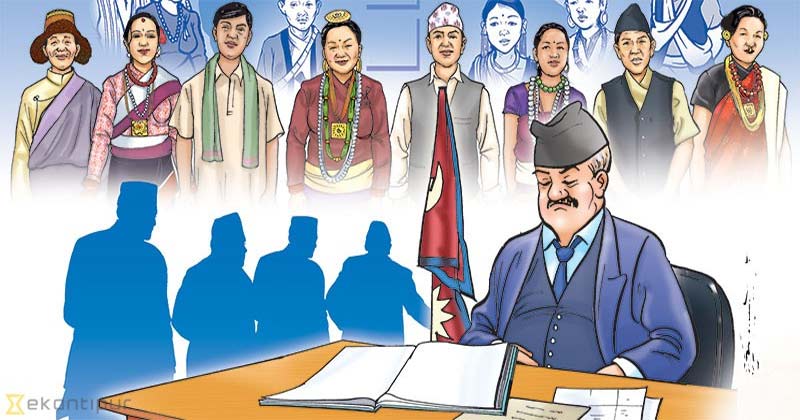
Impact of New Federal Civil Service Bill on Future Candidates
The government of Nepal has recently introduced a proposal that could significantly alter the landscape for aspirants of the Public Service Commission examination. This initiative, detailed in the Federal Civil Service Bill, aims to revise the guidelines concerning age limits for candidates, which may affect the influx of new professionals into the civil service.
Revised Age Limits:
Under the current Civil Service Act, male applicants can participate in the examination up until the age of 35, while women and individuals with disabilities have a threshold of 40 years. However, the newly proposed bill seeks to tighten these age restrictions to 32 for female candidates and maintain a similar scale for males, with an emphasis on attracting younger, more dynamic individuals into government roles.
Authorities Weigh In
Spokespersons from both the Public Service Commission and the Ministry of Federal Affairs and General Administration have voiced their perspectives. The intention behind this shift, as highlighted by Kamal Prasad Bhattarai, is to rejuvenate the civil service with youthful energy and commitment. The rationale includes a belief that individuals typically decide on their career paths by 30, suggesting an earlier entry into the civil service could lead to more prolonged and impactful tenures.
Concerns and Criticisms
Critics, including Dr. Balchandra Mishra, a renowned administrative expert, argue that this amendment might unfairly limit opportunities for a broad segment of potential candidates. By lowering the entry age without adjusting the retirement age accordingly, the bill potentially narrows the window for individuals to contribute to and benefit from civil service careers, prompting calls for legislative review and adjustments to maintain inclusivity and fairness.
The Underlying Motive
The amendment also touches on retirement benefits, with proponents citing the need for employees to fulfill a minimum service period to qualify for pension benefits. This practical consideration underscores the government's broader strategy to streamline the civil service, ensuring it remains sustainable and vibrant.
As the bill progresses through the legislative process, it is crucial for all stakeholders, including potential candidates, current civil servants, and policymakers, to engage in meaningful discussions. The goal should be to strike a balance that respects the aspirations of young individuals eager to serve while ensuring the civil service remains a diverse, dynamic, and effective institution. This scenario underscores the importance of policies that are not only forward-thinking but also inclusive, reflecting a comprehensive understanding of the workforce's evolving needs.





